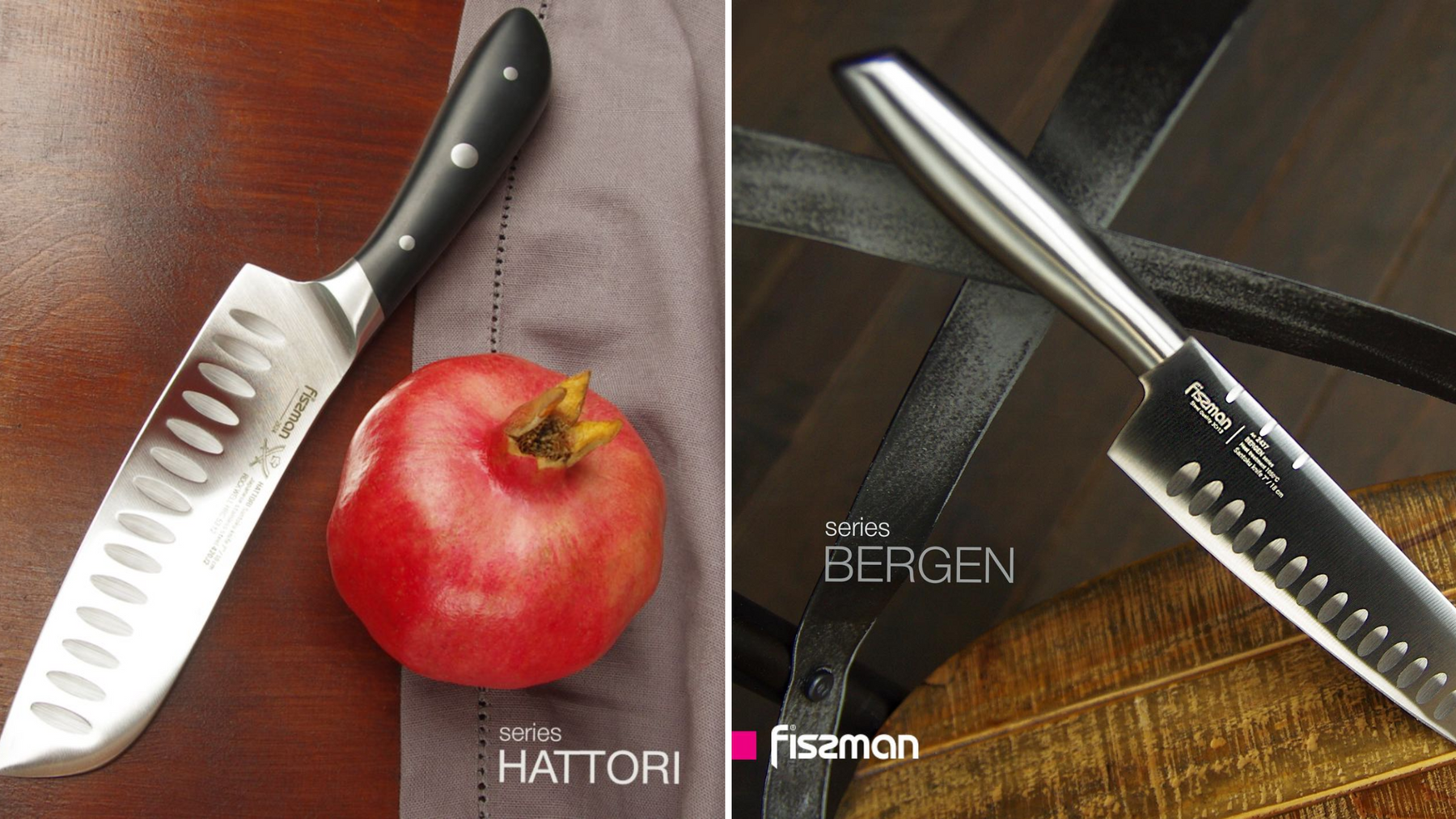
Types of Knives and Their Uses (Only Guide You Need)
A well-equipped kitchen should have a variety of knives to handle all the different cutting, slicing, and chopping tasks involved in food preparation. From the all-purpose chef's knife to specialized blades for delicate garnishes, having the right types of kitchen knives can make cooking easier, safer, and more efficient.
Different Types of Kitchen Knives
In this blog, we'll explore the different types of kitchen knives, their shapes, and their intended uses, helping you build the ultimate cutlery collection for your home kitchen.
Chef's Knife

Let's start with the MVP of any knife set - the chef's knife. This versatile blade is the workhorse of the kitchen, designed for chopping, slicing, dicing and mincing just about any fruit, vegetable or cut of meat. The chef's knife typically features a broad blade between 6-10 inches long with a curved edge that allows for rocking motion during cutting.
Paring Knife

No kitchen is complete without a paring knife. This small, nimble knife is ideal for intricate work like deveining shrimp, removing cores from tomatoes and apples, or finely mincing herbs and garlic. A good paring knife measures 3-4 inches in blade length and features a short, razor-sharp edge.
Bread Knife

As the name implies, a bread knife is designed specifically for slicing through crusty loaves without compressing the bread. The key is the long, serrated edge which saws through the bread's crust with ease. But bread knives can tackle more than just baked goods - they work great for slicing tomatoes, fruits with tough skins, and even sausages or roasts.
Boning Knife

For trimming meat and fish away from bones, you'll want a specialized boning knife in your kitchen arsenal. These knives have a narrow, flexible blade between 5-7 inches long with a curved point and sharp edge to navigate around joints and bones. Look for a stiff yet bendable boning knife that can get into tight spaces.
Utility Knife
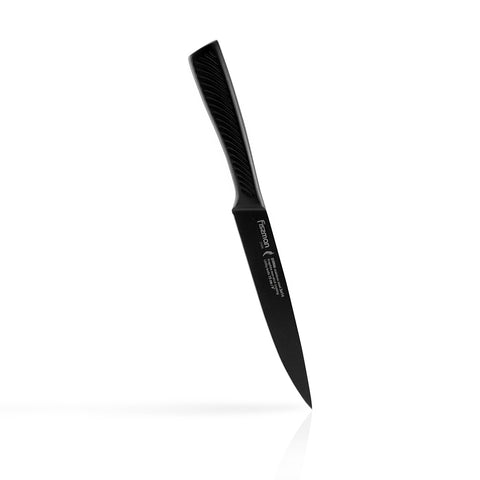
The utility knife is a smaller, straightedge blade that can handle most day-to-day slicing and trimming tasks with ease. Think of it as the chef's knife's versatile little sibling. Utility blades typically range from 4-7 inches, making them perfect for trimming fat from meat, slicing sandwiches, or cutting smaller fruits and veggies.
Carving Knife and Fork

For beautifully sliced roasts, hams, and turkeys, you need a specialized carving set. The long, thin carving knife (typically 8-15 inches) works in tandem with a carving fork to slice through meats smoothly without shredding. Many quality carving sets come with replacement prongs for the fork to extend its lifespan.
Filleting Knife
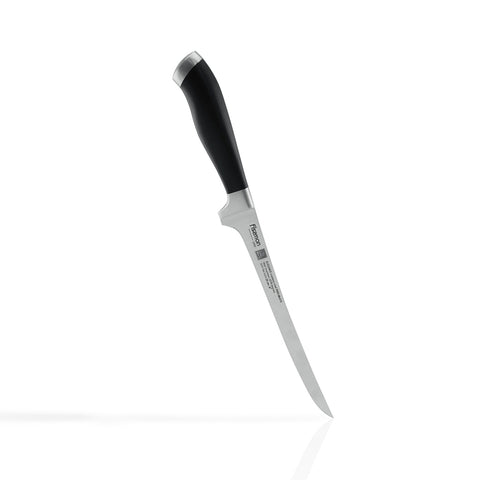
A filleting knife is a must-have for fish lovers. With a thin, flexible blade between 6-8 inches, it effortlessly slices through delicate fish fillets. The curved tip allows for precise maneuvering around bones and skin, ensuring you get every last morsel of succulent flesh.
Kitchen Shears
While not a knife per se, heavy-duty kitchen shears are an indispensable tool for any well-rounded knife set. Use them for snipping herbs, trimming pie dough, cutting bacon, chicken, or even descaling fish. Look for shears with a bent handle to allow knuckle clearance while cutting.
Nakiri Bocho
Originating from Japan, the nakiri bocho is a specialized vegetable knife with a flat edge and a straight blade shaped like a cleaver. The thin, straight edge allows for an up-and-down chopping motion (rather than a rocking motion). This makes the nakiri ideal for quickly slicing vegetables into clean, even pieces.
Santoku
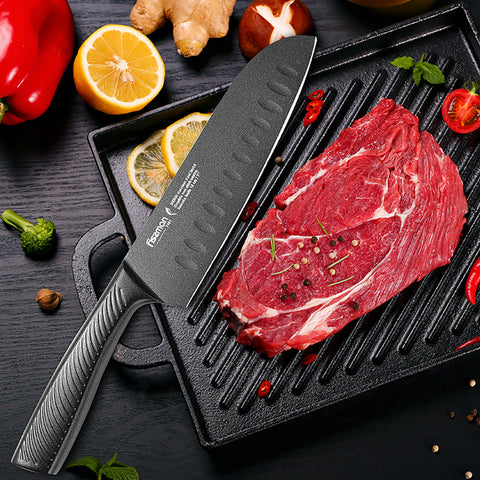
Another Japanese import, the santoku is an all-purpose chef's knife designed for delicate slicing and dicing tasks. The santoku tends to have a sheepsfoot blade shape and a Granton edge (small hollows along the blade) to minimize friction and sticking. Many cooks who prefer a lighter, nimble blade opt for a santoku over a traditional chef's knife.
You might be interested in reading
Different Kitchen Knife Shapes
In addition to different blade types, kitchen knives come in varying shapes and styles based on their intended use:
- Straight/Flat Edge Knife: Knives like the chef's knife and slicers have a straight, flat edge for push cuts and smooth slicing.
- Serrated Edge Knife: The sawtooth edge of a serrated knife works great for cutting through tough crusts and skins. Bread knives are a prime example.
- Granton/Hollow Edge Knife: Small indentations along the blade (like the santoku) prevent sticking for slicing delicate ingredients.
- Curved/Bellied Edge Knife: Chef's knives often have a gentle curve to the blade to enable rocking cuts.
- Sheepsfoot/Flat Belly Knife: Asian-style knives like the santoku have a flat blade belly for up-and-down chopping motion.
- Pointed Tip Knife: Utility and paring knives have finely tapered points for precision garnishing and trimming.
- Offset Handle Knife: Some blades like bread knives have offset handles to avoid striking the cutting board with your knuckles.
How to Build Your Ideal Knife Set
While a basic kitchen can likely get by with just a chef's knife, paring knife and serrated bread knife, most home cooks will want to invest in a more comprehensive knife set. At a minimum, consider the following knives for a well-rounded collection:
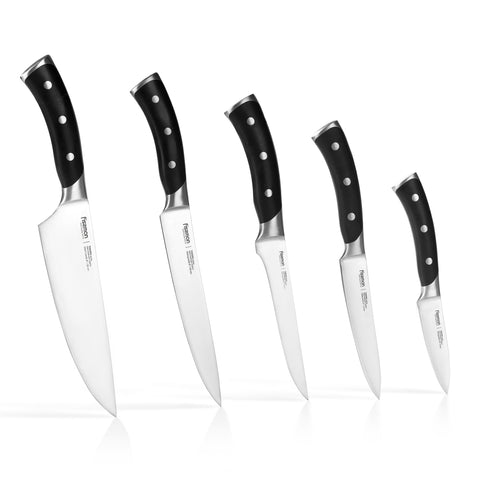
For those who cook frequently, upgrading to a deluxe set that includes specialized knives like a boning knife or carving set will cover all your bases. Look for quality forged construction from trusted brands, full-tang blades for better balance, and theories that will maintain a sharp edge over time.
Final Reflections
No matter which knives you choose, proper knife care is a must. Hand-wash and thoroughly dry kitchen knives after each use, and invest in a sharpening tool or professional sharpening service to keep those blades in razor-sharp condition for years to come.
With the right knife set at your side, you'll have the versatility to effortlessly handle any cutting task, from delicately slicing garlic to breaking down a thick butternut squash. Cooking will become a pleasure rather than a chore!
Experience the Cutting Edge: Fissman UAE's Premium Knife Collections
Whether you're an experienced home chef or just starting your culinary journey, Fissman UAE has the perfect knife to elevate your kitchen game. With a commitment to outstanding craftsmanship, premium materials, and innovative designs, Fissman's knives aren't just tools – they're works of art that turn every cutting task into a fluid, precise experience.
From the workhorse chef's knife to specialized blades for delicate garnishes, Fissman offers a wide array of top-quality options to build out your dream knife set. Invest in these long-lasting, razor-sharp knives from a brand dedicated to helping you cook with passion, creativity, and absolute confidence. When it comes to cutlery, accept nothing less than the best from Fissman UAE.
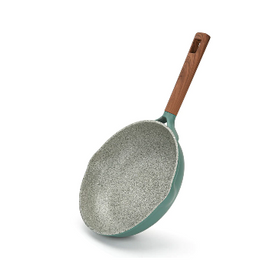
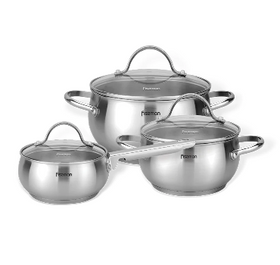
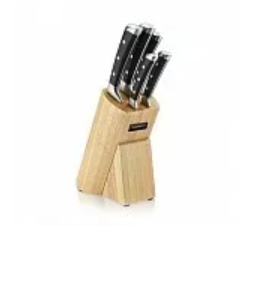
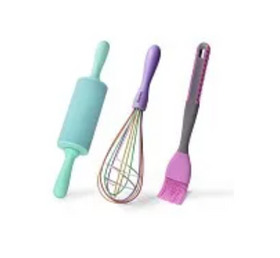
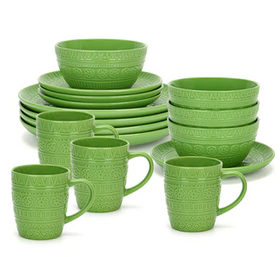
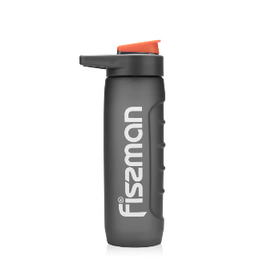
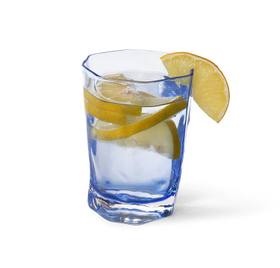




























Comments
Leave a comment